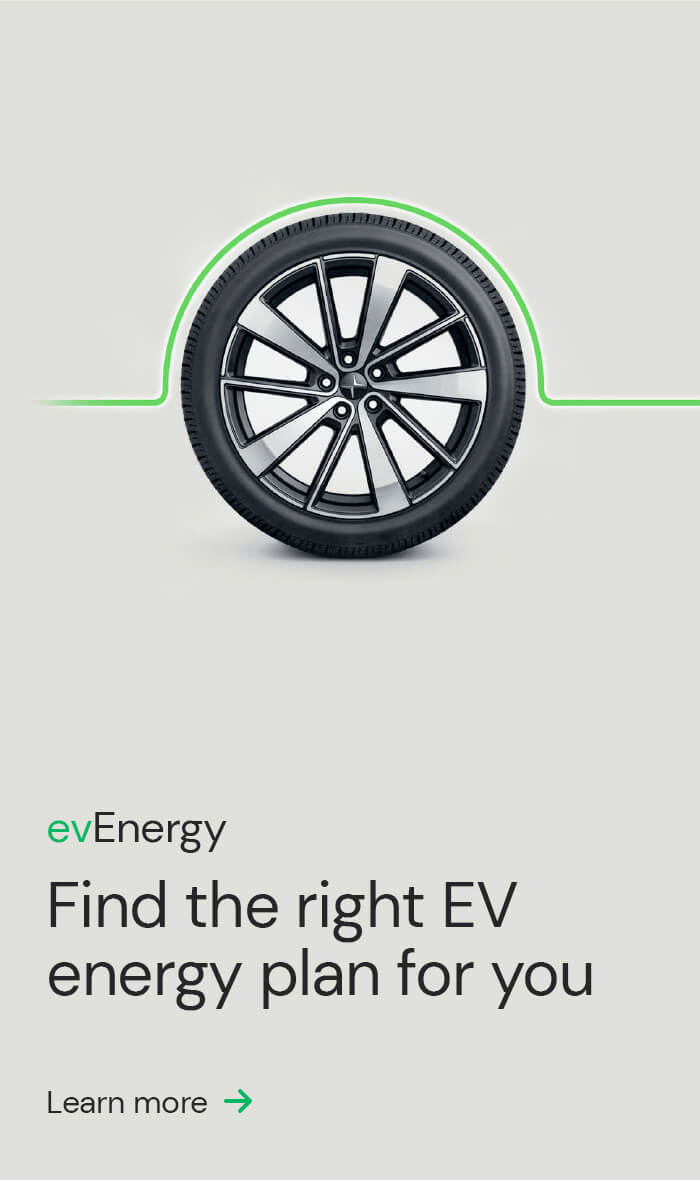Regular, fuel-powered cars have complex engines with many moving parts and components. To keep the engines lubricated and running optimally, essential oil changes are recommended every 3,000 miles.
You may be surprised to learn that as electric vehicle motors are battery-charged, they do not require oil changes at all. Let’s explore why EVs can run oil-free and discover what fluid changes they do require.
How does a car engine work?
Conventional internal combustion engines feature valves, pistons, crankshafts, and cylinders. The smooth movement of which is supported by regular oil changes.
Should the engine become dry, the components will seize up, rust or break down. If the engine oil isn’t changed for a long time, then tiny flakes of metal can clog up the engine leading to costly repairs.
How does an EV engine differ?
Electric vehicles don’t have engines as they are powered by a rechargeable battery. This energy is then converted into power by an electric motor.
Magnets within the electric motor generate different interacting fields that work in tandem with the electric current to transform it into mechanical motions.
An electric motor generates more torque (the force the drive shaft is subjected to) than fuel-powered cars. This eliminates the need for traditional transmission, meaning the power instantly accelerates the EV’s wheels.
If you’ve ever test-driven an electric vehicle, you may have noticed that it can accelerate faster and is lighter to drive. This is down to the high level of torque generated by the electric motor.
The absence of needing oil changes is just one of the many reasons running an EV is more cost-efficient in the long run. Fewer maintenance costs are a major benefit to electric vehicle ownership.
If my EV doesn’t need oil, does it need any other fluid changes?
In short, yes. There are other fluids that are vital to keeping your EV running at peak performance.
Brake fluid
EVs have a regenerative braking system. This is a method of braking that sustainably harnesses and stores the car’s braking energy and converts it into reusable electricity, rather than just releasing it as heat.
Regenerative braking systems rely on fluid to work properly, and it is recommended that EV brake fluid should be replaced every 25,000 miles.
Coolant
With such large, powerful lithium batteries, EVs could overheat without the aid of coolant. When coolant flows through the thermoregulation system it will remain at a safe temperature.
Each EV model will vary in terms of how often the coolant needs topping up, so it is best to consult your EV manual and have it topped up by a professional EV technician.
Windscreen washing fluid
Like regular cars, EVs require windscreen washer fluid to be topped up as needed to keep the windscreen clean.
Summary
- EVs run on an electric motor, not a regular car engine.
- EVs do not require oil changes.
- EVs do require brake fluid, coolant, and windscreen washer fluid to be replaced when required.
Are you considering making the switch to an electric vehicle? ActewAGL can help you effortlessly find, finance and charge your EV. Discover how ActewAGL can support your transition to sustainable driving today.



